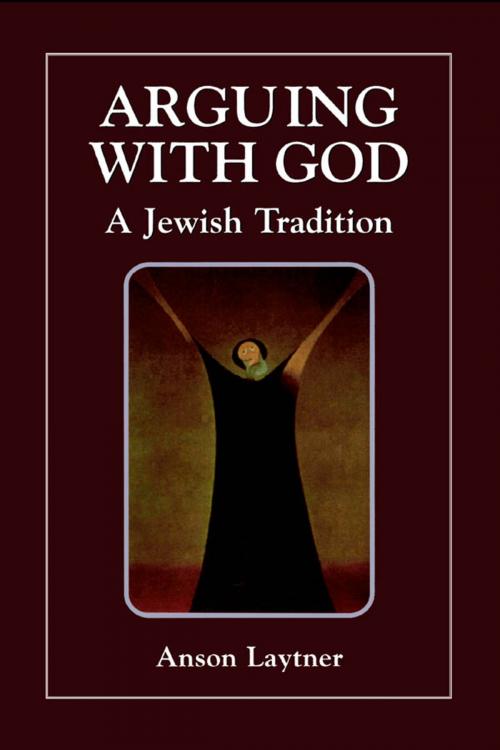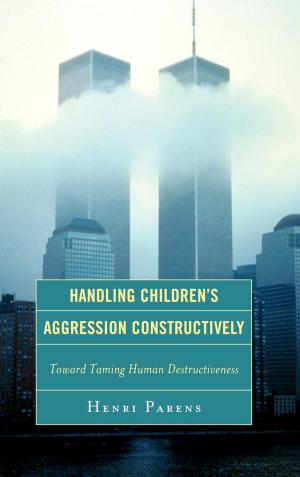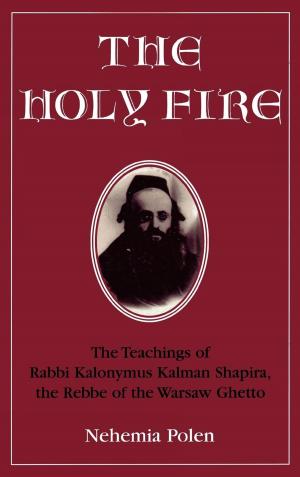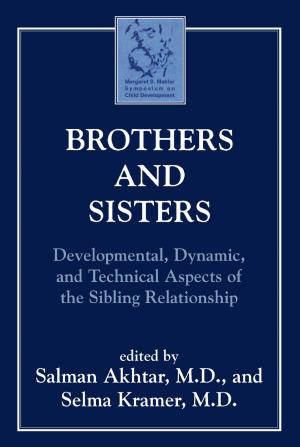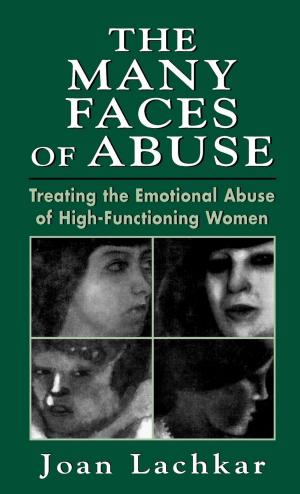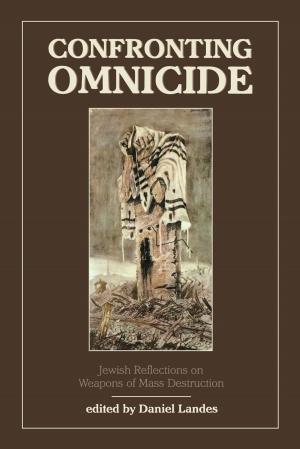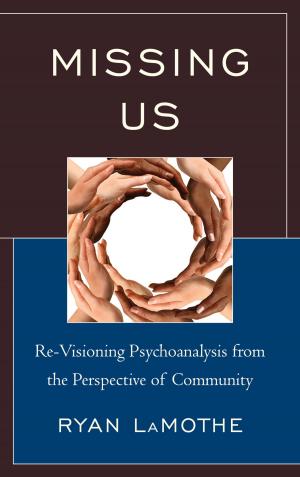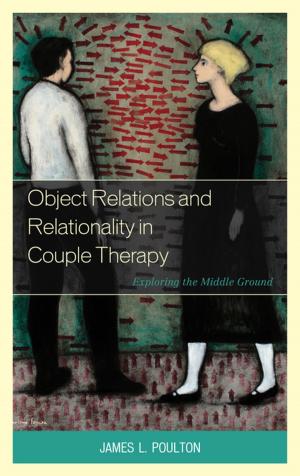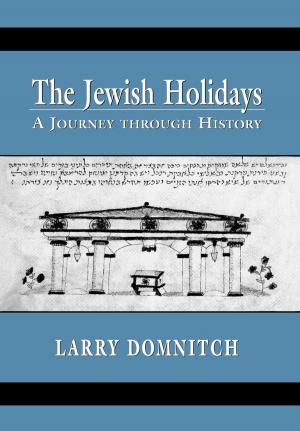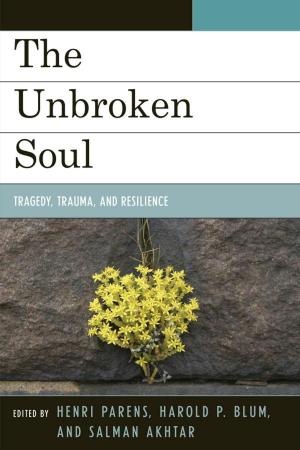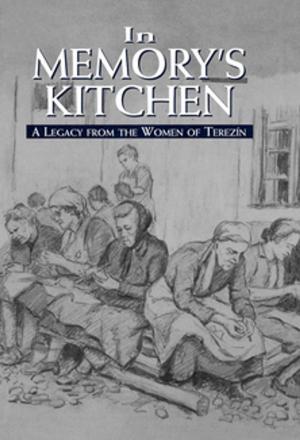| Author: | Anson H. Laytner | ISBN: | 9781461627470 |
| Publisher: | Jason Aronson, Inc. | Publication: | July 7, 1977 |
| Imprint: | Jason Aronson, Inc. | Language: | English |
| Author: | Anson H. Laytner |
| ISBN: | 9781461627470 |
| Publisher: | Jason Aronson, Inc. |
| Publication: | July 7, 1977 |
| Imprint: | Jason Aronson, Inc. |
| Language: | English |
As an old proverb puts it, 'Two Jews, three opinions.' In the long, rich, tumultuous history of the Jewish people, this characteristic contentiousness has often been extended even unto Heaven. Arguing with God is a highly original and utterly absorbing study that skates along the edge of this theological thin ice_at times verging dangerously close to blasphemy_yet also a source of some of the most poignant and deeply soulful expressions of human anguish and yearning. The name Israel literally denotes one who 'wrestles with God.' And, from Jacob's battle with the angel to Elie Wiesel's haunting questions about the Holocaust that hang in the air like still smoke over our own age, Rabbi Laytner admirably details Judaism's rich and pervasive tradition of calling God to task over human suffering and experienced injustice. It is a tradition that originated in the biblical period itself. Abraham, Moses, Elijah, and others all petitioned for divine intervention in their lives, or appealed forcefully to God to alter His proposed decree. Other biblical arguments focused on personal or communal suffering and anger: Jeremiah, Job, and certain Psalms and Lamentations. Rabbi Laytner delves beneath the surface of these 'blasphemies' and reveals how they implicitly helped to refute the claims of opponent religions and advance Jewish doctrines and teachings.
As an old proverb puts it, 'Two Jews, three opinions.' In the long, rich, tumultuous history of the Jewish people, this characteristic contentiousness has often been extended even unto Heaven. Arguing with God is a highly original and utterly absorbing study that skates along the edge of this theological thin ice_at times verging dangerously close to blasphemy_yet also a source of some of the most poignant and deeply soulful expressions of human anguish and yearning. The name Israel literally denotes one who 'wrestles with God.' And, from Jacob's battle with the angel to Elie Wiesel's haunting questions about the Holocaust that hang in the air like still smoke over our own age, Rabbi Laytner admirably details Judaism's rich and pervasive tradition of calling God to task over human suffering and experienced injustice. It is a tradition that originated in the biblical period itself. Abraham, Moses, Elijah, and others all petitioned for divine intervention in their lives, or appealed forcefully to God to alter His proposed decree. Other biblical arguments focused on personal or communal suffering and anger: Jeremiah, Job, and certain Psalms and Lamentations. Rabbi Laytner delves beneath the surface of these 'blasphemies' and reveals how they implicitly helped to refute the claims of opponent religions and advance Jewish doctrines and teachings.
